
Seeing What Others Don’t
The Remarkable Ways We Gain Insights
Read offline
Recommendation
Eureka! Here’s a new way to look at insight: Cognitive scientist Gary Klein delves deeply into the phenomenon of that flash of inspiration or recognition and structures its attainment according to the “Triple Path” model he devised – in an insight of his own. Rather than following the prescribed path of conducting carefully controlled experiments, he developed his model by using the “naturalistic” method of collecting and analyzing 120 stories of human experiences that altered someone’s “core beliefs.” The stories bring his research to vivid life. His analysis of these tales persuaded him that “connections, coincidences, curiosities, contradictions and creative desperation” lead to insight. getAbstract recommends Klein’s method and smart exposition to anyone who wants to be more attuned to their intuitive processes, to make sounder decisions more quickly, and to inspire insights among their colleagues, employees, friends or family.
Summary
About the Author
Gary Klein, a senior scientist at MacroCognition LLC, also wrote Sources of Power, The Power of Intuition and A Practitioner’s Guide to Cognitive Task Analysis.









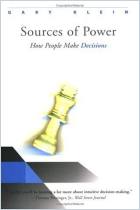
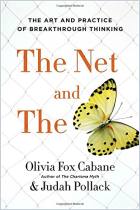
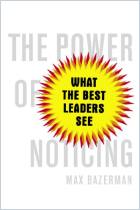
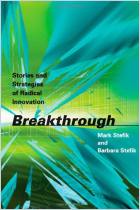

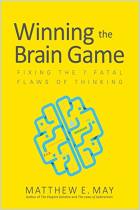
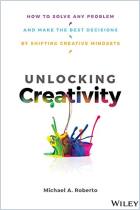


Comment on this summary or Démarrer une discussion